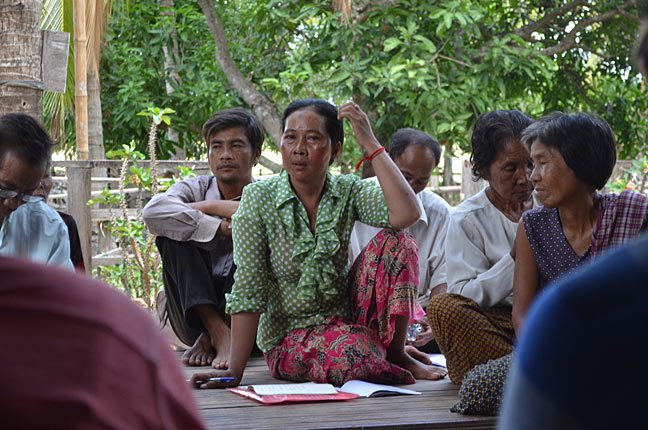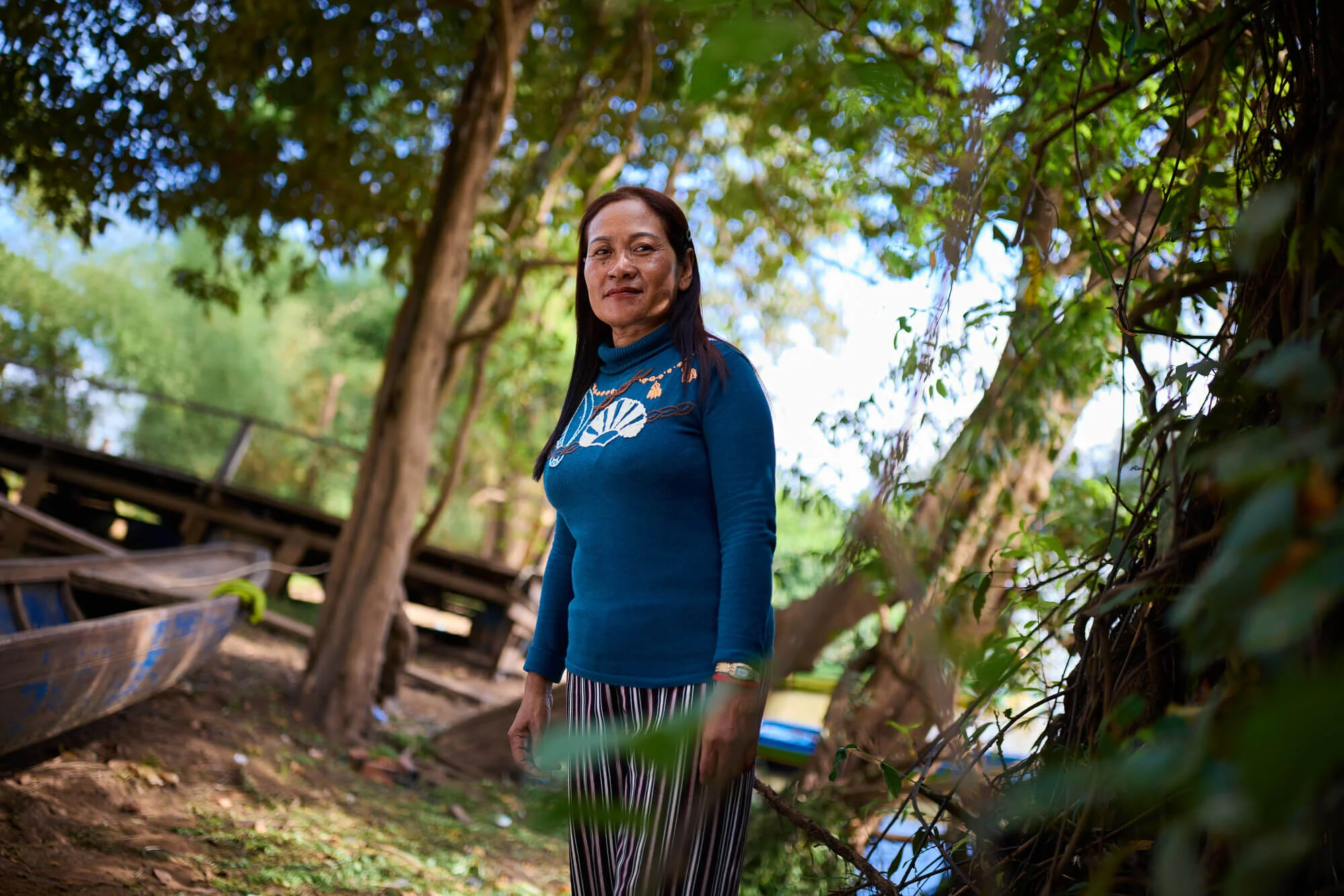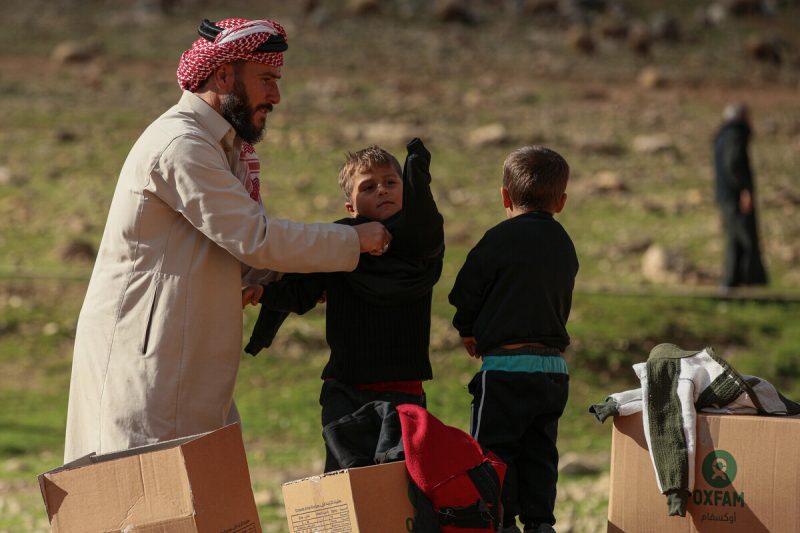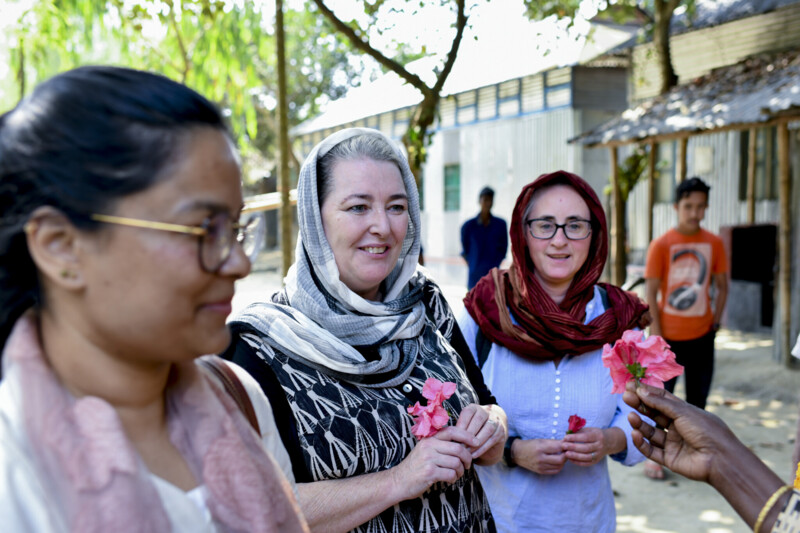By Robin Narciso – an Oxfam volunteer in Phnom Penh
How would you feel if you woke up in the morning to find out that your house AND your job has vanished into thin air? It’s hard for us to imagine in the “developed world”, but it happens every day in Cambodia, Laos, Vietnam and Thailand. How? With the destruction of what many people here call home: the Mekong River.
The Mekong is majestic. It’s the 12th longest river on the planet, flowing from the Tibetan Plateau all the way to the South China Sea. It travels through China, Myanmar, Laos, Thailand, Cambodia and Vietnam bringing plenty of fish to the population of the region. In Cambodia, for example, fish from the Mekong provide more than 70 per cent of the animal protein in people’s diet. Yes, that also means that fish is the main source of food for the poor. It’s cheap, accessible, and abundant. Without it, the poor get poorer and hungrier.
Private companies and regional governments are planning the construction of eleven dams in the lower Mekong mainstream. Once the dams are completed, they will block the natural flow of the river. By doing this, they will prevent fish from migrating up and downstream to reach their breeding location. If we consider that the Lower Sesan 2 Dam alone is estimated to cause a drop of 9.3 per cent in fish stocks, we can imagine what a catastrophe it would be if all the eleven dams are built. The sad irony of it is that the Mekong’s poor might not even be there to experience the disappearance of their food supply. The villages located where the dams are planned to be built are going to be cleared out and the people relocated somewhere else, not necessarily close to the river. Living far from the Mekong means that people will be entirely deprived of their primary source of income and food.
It’s been only three weeks since I started my volunteer work. Enough time to listen to people from the Mekong villages being puzzled and disoriented by the possible construction of the dams. Enough time to understand that the construction of the dams and its impact is real and deadly. It is unforgivable that at any given day people could lose their homes and their primary source of food. What can we do?
The Oxfam Australia team has already taken action and is continuously monitoring the situation in the Mekong region. In the coming weeks my blogs will focus on our actions, plans and internal debates to safeguard the livelihood of the Mekong’s people. Stay tuned.



